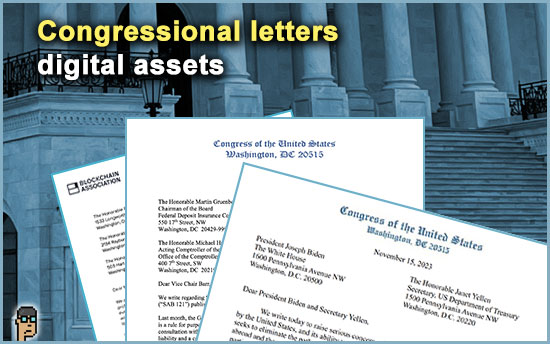grumbling about Gruenberg
The tenure of Martin Gruenberg at prudential bank regulator Federal Deposit Insurance Corporation (FDIC) remains on shaky ground as the agency’s embarrassing harassment scandal continues to envelop the Chairman, who is a Democrat. Last Wednesday, Republican members of the House Financial Services demanded he recuse himself from any internal investigation. Is Gruenberg’s resignation imminent? TradFi publication American Banker doesn’t think so – yet. The Biden Administration reportedly won’t bail on their appointee unless things get worse.
fintech fumble at OCC
The Office of the Comptroller of the Currency (OCC) appointed a much-heralded deputy comptroller and chief financial technology officer, Prashant Kumar Bhardwaj, last April. He was to be the first person at the OCC to specifically police fintech firms and the banks that power them – except his resume was allegedly a fraud. Read more in the Information.
Sometime between June and August, a few months after being hired, Bhardwaj was quietly replaced by an OCC insider.
Will OCC’s Acting Comptroller Michael Hsu, a Democrat, feel some Congressional heat soon?
more tips:
What Happened to the OCC’s Chief Fintech Officer? (Sept. 10) – Fintech Business Weekly Continue reading “Grumbling About Gruenberg; OCC Takes A Fintech Hit”








